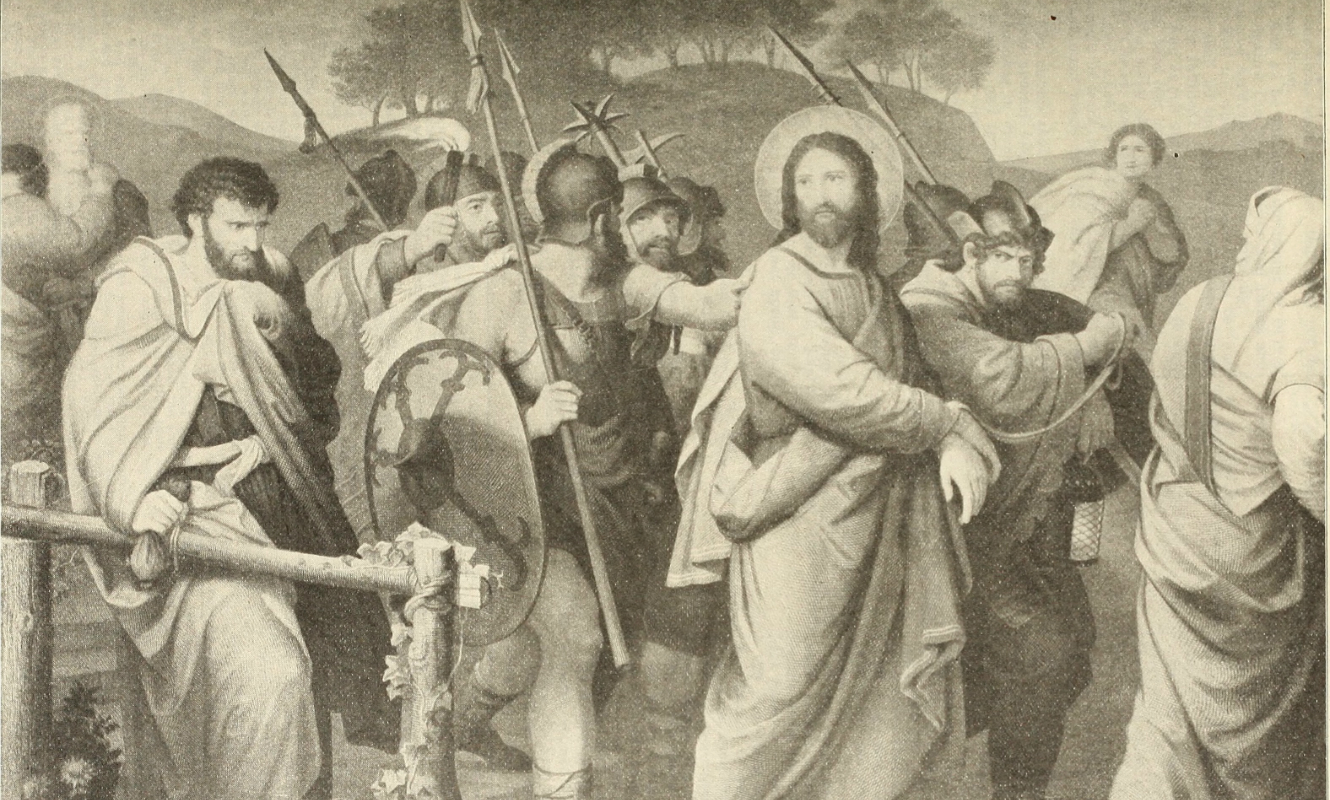Bonzi
Diamond Member
- May 17, 2015
- 43,036
- 16,026
- 2,290
Having been on the receiving end of Evangelical Christians‘ relentless attempts to get me to abandon my religion (Judaism), I have often heard them say they do it out of love to “share the Truth.” The attempt to convert usually escalates to dire warnings of the hell that awaits and how angry G-d is with Jews.
So is this really love? There are numerous religions in the world, with the majority of people not believing in Jesus, and one‘s religious beliefs are as much the truth to them as Christians beliefs are to Christians.
In this article, it explains how force-feeding one’s religious beliefs onto others, with the insistence that their way and only their way is the path to G-d, is both arrogant and disrespectful. I hope that those who have been aggressively proselytizing will give it some thought.

To Those Proselytizing Out Of Love: You Aren’t
I have something to say to those who are trying to convert me to their religion because they say they love me: that’s not love. That’s arrogance, disrespect, fear, ego, and a lot more.www.patheos.com
I agree to a point. Some do share out of love. Some share out of obedience to God (there are many reasons beyond this as well)... that being said, my opinion is that you should not try to "scare" someone into a belief system. Even if it works, the person is not becoming a believer for the right reason. I believe people are compelled or are drawn to God. The only way you can be truly drawn to your creator is through correct and Godly messaging.
